“I felt challenged most of the time but that is how I learnt which direction I wanted to go in photographically,” says Adrien Dubost, a French photographer based in London, reflecting on his experience of studying at the London Institute of Photography. Dubost originally studied business and economics before deciding to pursue a career as a photographer. Reluctant to undertake yet another university degree, he left his job at a production company in Barcelona and relocated to London.
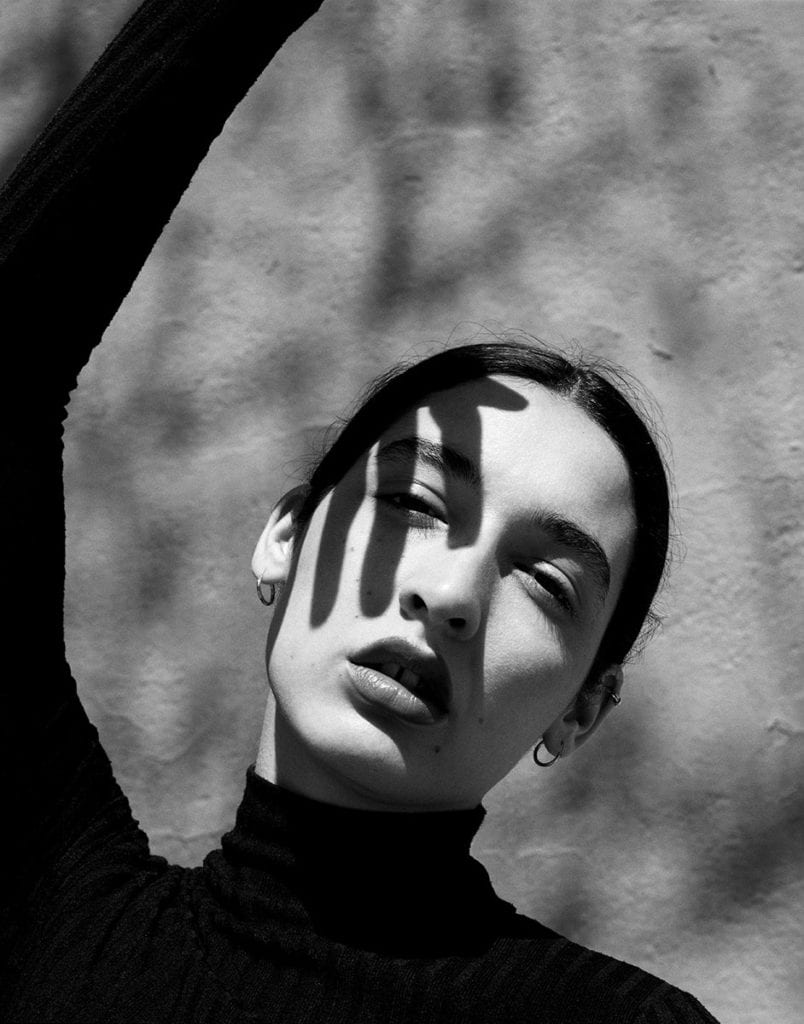
“Becoming a photographer was a big career change and at the time I needed flexibility,” he continues, “that is why I decided to study at the LIoP.” Located in the heart of Shoreditch, the Institute was founded by the award-winning photographer Holger Pooten as an alternative to the traditional university degree. Parallel to the Professional Photography Course, it offers a range of individual courses and taster workshops. With an emphasis on project-based learning and small class sizes (there are only ever a maximum of eight students in one class), the LIoP endeavours to transform beginners in to professionals over a much shorter period of time than a conventional degree.
“Being a professional photographer can be a tough business; I had to learn a lot of things the hard way, through trial and error,” says Pooten. “When I set up LIoP my main focus was to create a truly professional photography training.” Pooten has witnessed the world of photography change and evolve over the more than 20 years that he has worked in it. The advent of social media and digital technology has engendered an industry where invention, innovation and individuality are paramount. The Institute’s central programme, its Professional Photography Course, is geared towards ensuring that students are equipped to deal with these challenges.
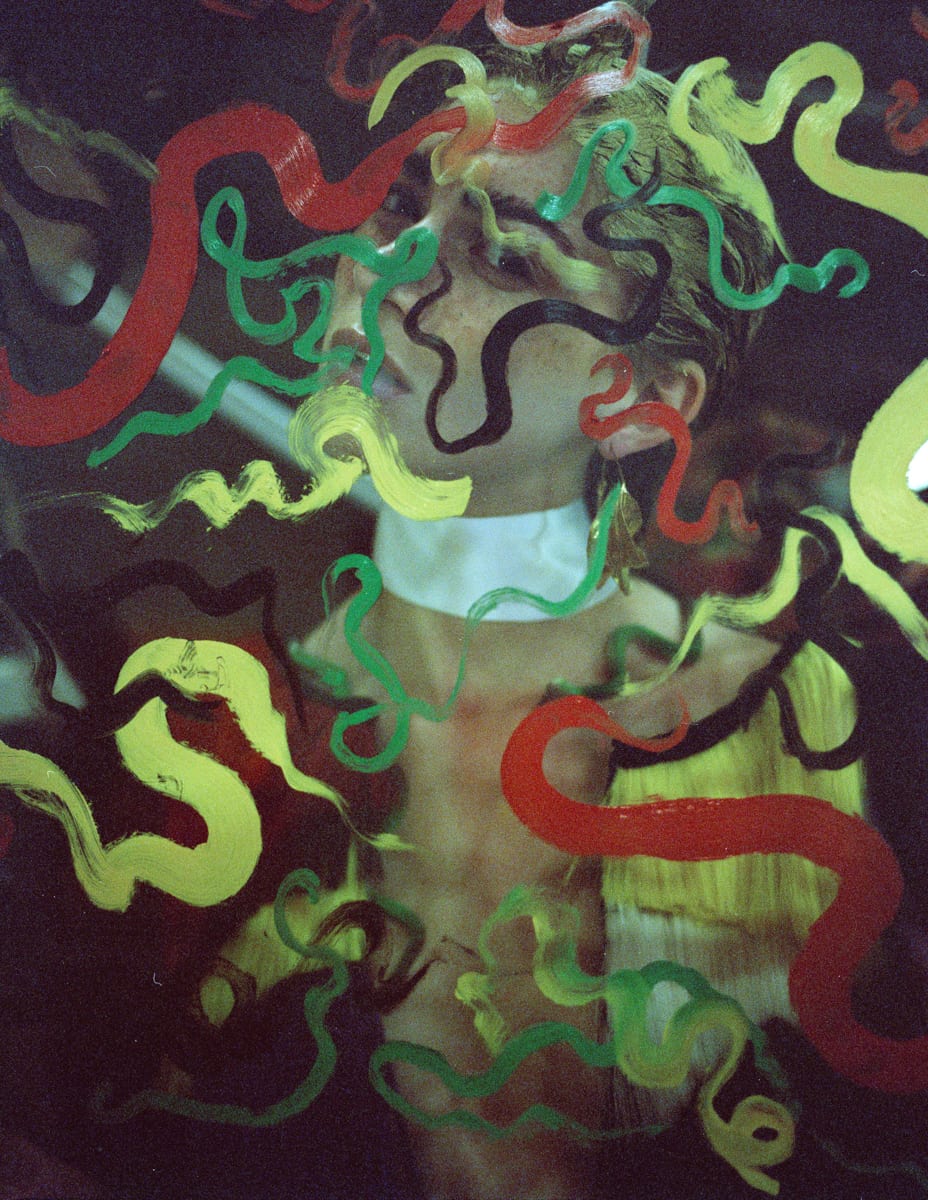
Originally from Germany, Pooten has worked internationally, producing both personal and commercial projects. His photography is characterised by a dark, surrealistic style and spans a range of genres, including portraiture and landscape. Pooten has created projects for numerous international clients and been featured in a range of publications, including Vogue and The Guardian. “In my 20 years working in the industry I have never been asked if I have a degree; the only thing that really matters is the quality of your portfolio,” he asserts.
A central facet of the Professional Photography Course is helping students develop their own signature style, enabling them to produce a strong portfolio. “As a professional photographer, I know that it is crucial to have a recognisable aesthetic, which runs consistently through your work,” explains Pooten. The Professional Photography Course is divided into 10 modules to give students the space to experiment and find their own photographic voice. From fashion photography to street and documentary, practitioners are encouraged to innovate and draw on a diverse range of techniques and genres. “Sometimes it is a comment from a teacher or a special lighting technique that creates this real aha-moment and leads to a unique twist in a student’s approach, which helps them stand out,” says Pooten.
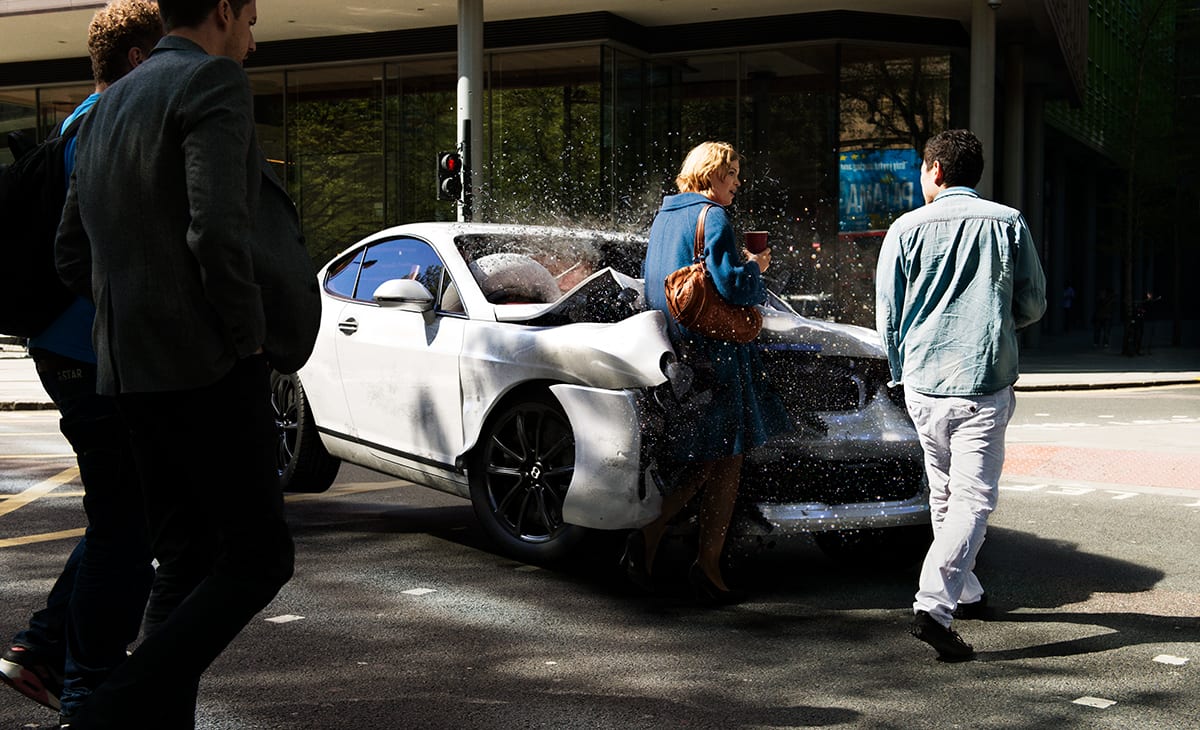
The experience of creating personal work is crucial when developing a signature style, as a result each module is project-based. “During the Street and Documentary Photography module we had to find a subject and make a short photographic documentary about it,” remembers Dubost, when asked to describe a project from the programme that particularly stood out. Dubost recounts how he met an ex-semi-professional basketball player called Jay a week before the class began. Jay was the perfect subject for his photo story. Dubost photographed Jay around London and the experience was a revelatory one: “It made me realise that I wanted to specialise in portraiture, which was not what I would have suspected a month earlier.”
Exposing students to an array of voices and opinions is another means by which the course helps them hone their photographic approach. “Every teacher at LIoP is also a working professional, who is exposed to the latest trends and innovations; their know-how is constantly incorporated into the modules and passed onto students,” explains Pooten. The Institute’s teachers also lead mentoring sessions during which students work on developing their own brand, website and printed portfolio. “This allows for more focus on the individual, helping them learn at their own pace while getting one to one support,” says Eliška Kyselková, an acclaimed Czech fashion photographer and videographer, who also teaches at the LIoP.
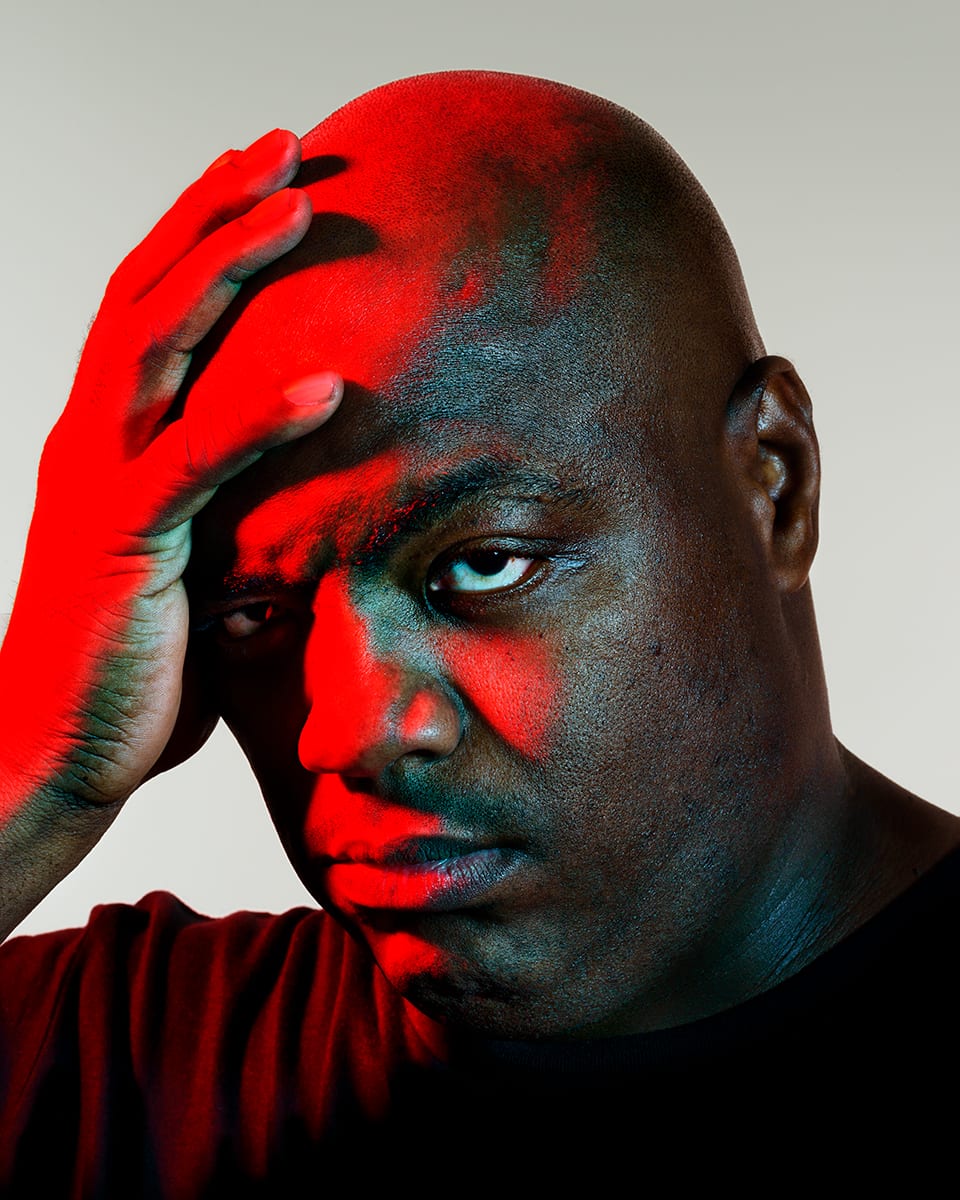
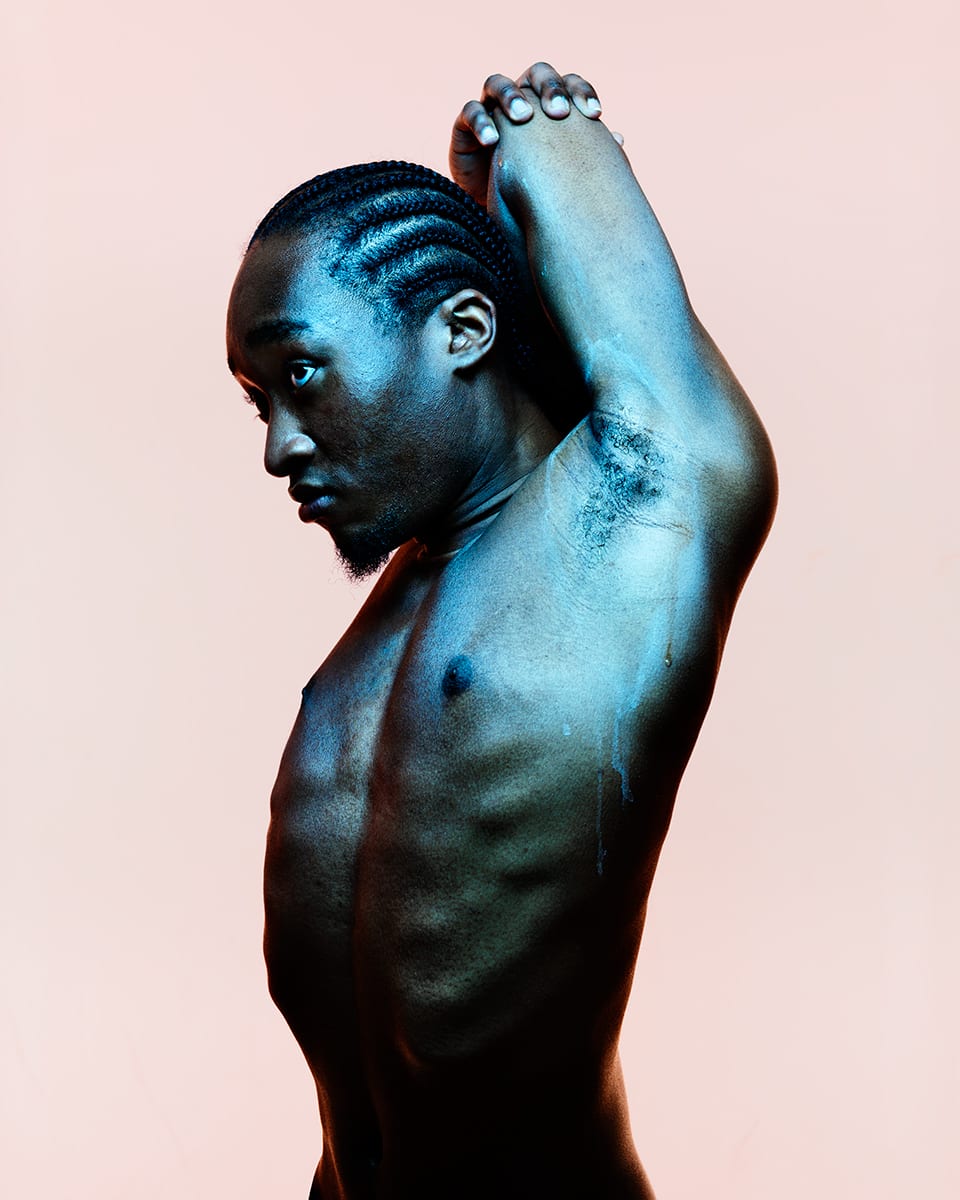
“There is the risk of ending up in a creative bubble after your training,” says Pooten, “what really helps you grow in the long run is a community of like-minded photographers and professionals whom you can seek advice from and exchange ideas with.” Inviting industry experts to lead guest lectures is part of the LIoP’s wider drive to establish a photographic community outside of the classroom. Guest speakers have included Karen McQuaid, a senior curator at the Photographers’ Gallery in London, and renowned photography agent Niall Horton-Stephen. Other initiatives to establish a photographic network include the LIoP Challenge (a photographic challenge set each month to which anyone can enter), and the Institute’s annual shows. The annual shows take place during the FREE-RANGE Photography Festival at the Old Truman Brewery and feature the strongest work from students, past and present.
The only requirement for applying for the Professional Photography Course is a love of photography and a willingness to learn and experiment. Year groups are always diverse and include practitioners at all stages of their career. The structure of the programme reflects this diversity. “To make the course accessible to everyone we offer a range of different schedule options,” says Pooten. Students can study on the course full-time for 10 weeks on weekends or one-day-a-week, or tailor their schedule over a period of up to nine months. “Last but not least, our course fee is a fraction of the costs of a traditional university degree as the entire sum goes into practical training, not admin and marking,” he says.
Words: Hannah Abel-Hirsch
Find out more about the London Institute of Photography and enrol on the Professional Photography Course here today.
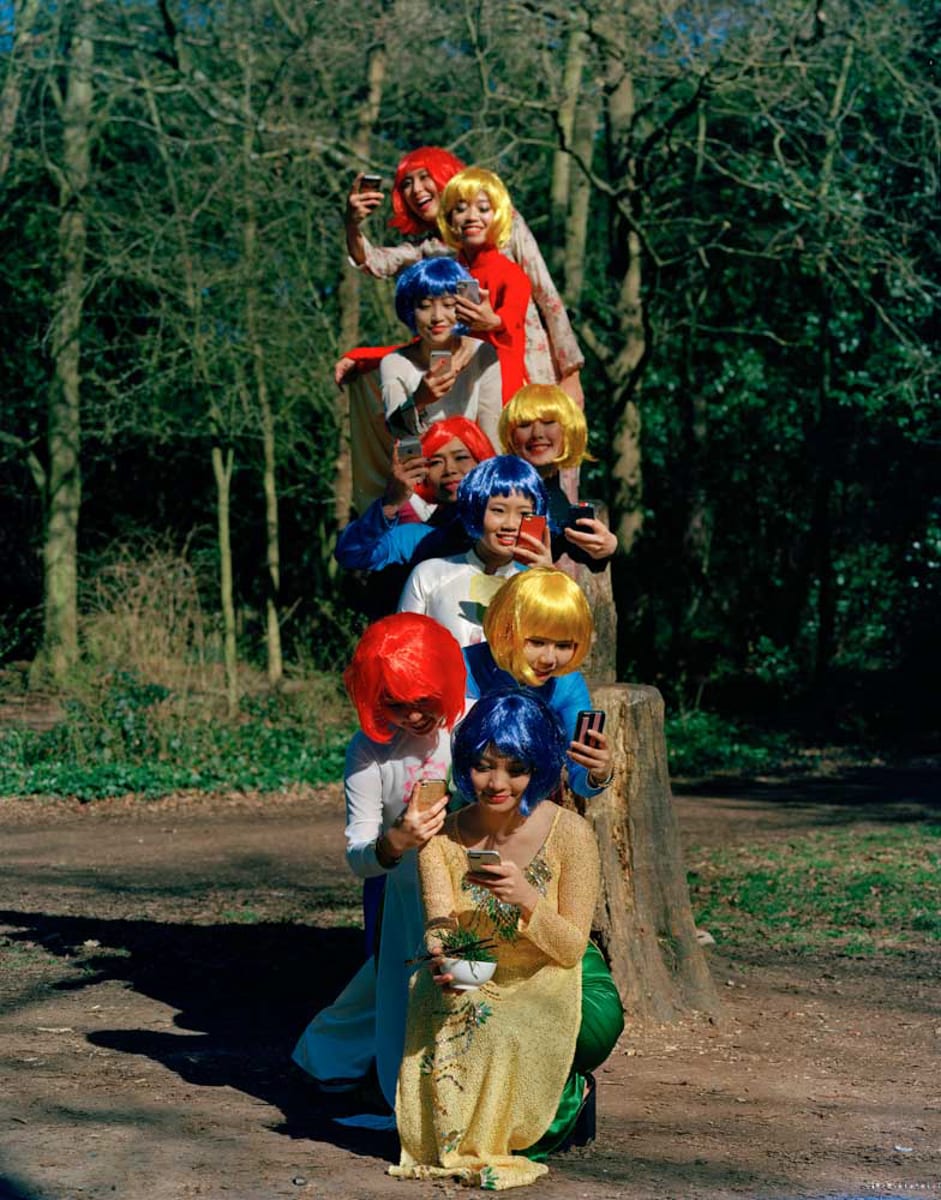
–
This feature was made possible with the support of the London Institute of Photography. Please click here for more information on sponsored content funding at British Journal of Photography.
